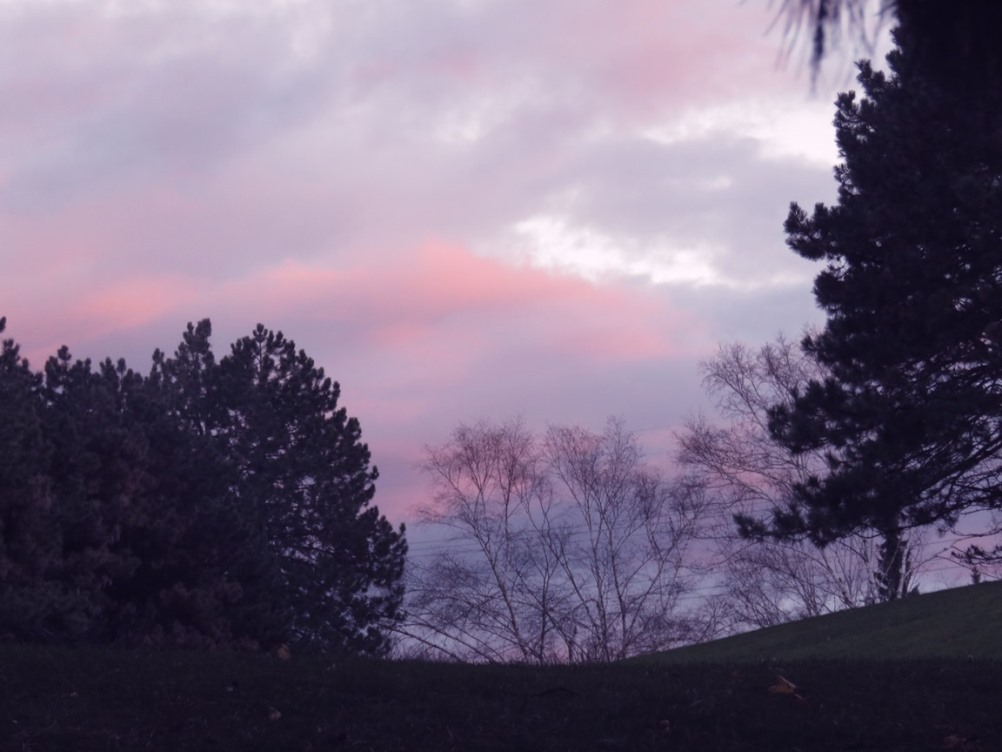Victoria Park and Ecotherapy
As an umbrella term for nature-based methods of physical and psychological healing, ecotherapy points to the need to reinvent psychotherapy and psychiatry as if nature and the human-nature relationship matters.
The treatment by ecotherapy and its perspective reveals the critical fact that people are intimately connected with, embedded in, and inseparable from the rest of nature.
In Toronto's Victoria Park, it becomes clear that what happens to nature for good or ill impacts people and vice versa, leading to the development of new methods of individual and community psychotherapeutic diagnosis and treatment.
Ecotherapeutic work as Clinebell conceived it takes guidance from an Ecological Circle of three mutually interacting operations or dynamics:
Inreach: receiving and being nurtured by the healing presence of nature, place, Earth.
Upreach: the actual experience of this more-than-human vitality as we relocate our place within the natural world. Outreach: activities with other people that care for the planet.
Closing the circle keeps ecotherapy from narrowly focused self-absorption, further nature exploitation for human purposes, feel-good maneuvers, or thinking good thoughts as planetary panaceas.
Note that a certificate in ecotherapy is not a license to do psychotherapy. Nevertheless, ecotherapy techniques are being taught to practicing psychotherapists, whose concentration on mending relationships and inner conflicts benefits from placement in the wider ecological context in which all human activity unfolds.
Overlapping Core Commitments of Ecotherapy without which ecotherapy would not be ecotherapy: Because human beings are an integral part of the natural world, what nourishes or diminishes that world nourishes or diminishes us.
Although ecotherapy interventions tend to be much less invasive than drugs or psychotherapy, ecotherapists always put the well-being of clients first and carefully monitor potential safety and health concerns.
Ecotherapists believe that nonhuman forms of life have a right to exist for their own needs and purposes, and that this right includes leaving plant and animal ecocommunities intact and protecting the needs, health, and sense of agency of our animal companions.
Ecotherapists regard the work as part of an ongoing collective effort to build just and sustainable communities in which all forms of life can delight and mature.
Psychotherapy aims to help individuals understand and create meaning from emotional and psychological difficulties they are experiencing.
Ecotherapy, utilising psychotherapeutic principles, forms a relationship to the natural world in order to enable us to make sense of our inner emotions and life experiences.
Spending time in nature provides the space for inward reflection and the potential for transformation as we become conscious of our interconnectivity with the world around us.
=






























No comments:
Post a Comment
You can leave you comment here. Thank you.